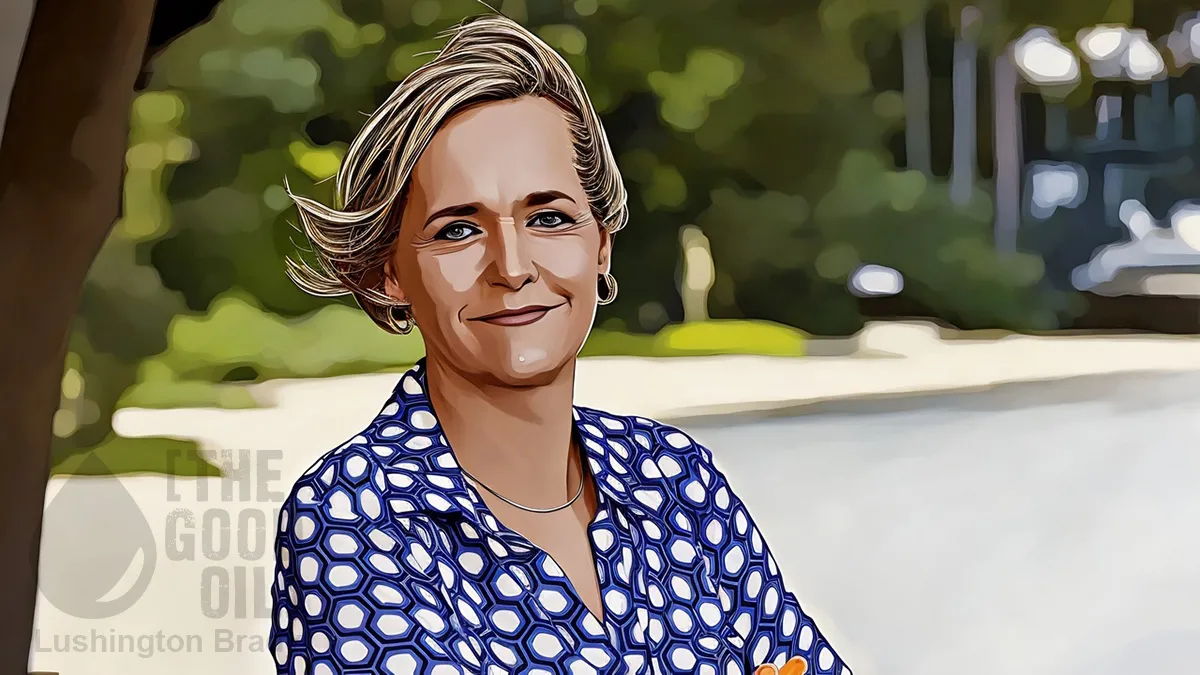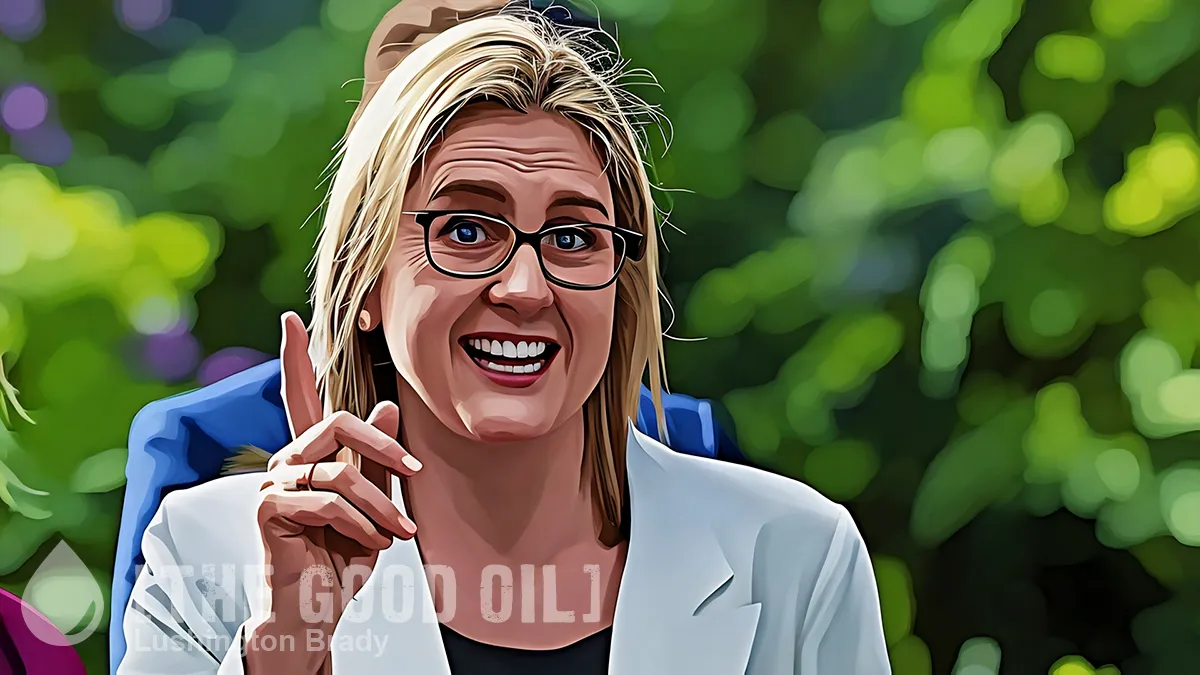Table of Contents
One of the most startling things — in hindsight — about economic collapses is not just how long the signs were ignored, but how quickly the inevitable collapse hits.
In his memoirs, Groucho Marx recalls how he’d grown steadily uneasy with the giddiness of the stock market through 1929, but his brokers assured him that all was fine – right until the Crash ushered in the Great Depression. As The Big Short depicts, in 2008, the Masters of the Universe were reassuring each other that the only way was up – even as their phones were showing the market collapsing right under them.
Lockdown-obsessed governments have been adamant that they can simply turn the economy off and on at will for over a year with no consequences. So far, they’ve got away with it (mostly thanks to the federal government piling up generations of debt).
So far.
One in five hospitality and arts and recreation employees in NSW were stood down over the first half of July, as new data shows banks offered repayment deferrals to more than 10,000 borrowers in the state.
An Australian Bureau of Statistics report shows that over the two weeks to July 18 there was a 4.4 per cent drop in the number of NSW workers paid through the Australian Taxation Office’s single-touch payroll system. That drove a 2.4 per cent national decline, against a 0.2 per cent dip in the preceding fortnight.
Housing prices and the stock market might be booming, but the piles of borrowed cash from Canberra can only paper over the dry rot of soaring unemployment for so long.
Accommodation and food services payroll jobs fell by 9 per cent, and by 19 per cent in NSW. The arts and recreation sector showed losses of 4.5 per cent nationally, and 18 per cent in NSW.
In Greater Sydney, the total number of payroll jobs in the ATO’s system dropped by 5 per cent, the data shows.
Ernst & Young chief economist Joanne Masters said there was “clearly a hit to the labour market” as a result of severe Covid-19 health measures in the country’s biggest city.
Evidence of the dramatic impact on working Australians from stay-at-home orders came as new figures from the Australian Banking Association show lenders have granted 15,000 loan deferrals to businesses and households since July 8.
Over the past month, more than 14,500 home loans were deferred, and more than 600 business loans. About 75 per cent of the deferred loans were in NSW.
This is a mere fraction of the horrors of 2020.
During the peak of the crisis in 2020, almost half a million home loans and more than 225,000 business loans were deferred[…]
After NSW, the next hardest-hit region was the ACT, which recorded a 2.4 per cent fall in total payroll job numbers. Every jurisdiction recorded a drop in employees, including a 1.9 per cent decline in Victoria. Queensland, where payroll jobs dropped 1.1 per cent, was the least affected.
The Australian
Like the US, Australia is a federation of states, with many key responsibilities almost completely out of the federal government’s health. Those include emergency services and public health.
This state of affairs – a legacy of Federation horse-trading in the late 19th century – has allowed state premiers to use Canberra as a political human shield on everything from bushfire disasters to lockdowns. The repeated plunges into counter-productive lockdowns has been driven entirely by premiers who know that they will be protected from the economic consequences by the federal government keeping them afloat.
That can’t go on forever. Sooner or later, the economic chickens will come home to roost – with a very heavy thud.
Voters thrown out of jobs while public servants and politicians are living high on the hog, serenely untouched by the economic consequences of their own decisions, might start to notice, too.
Please share this article so that others can discover The BFD









